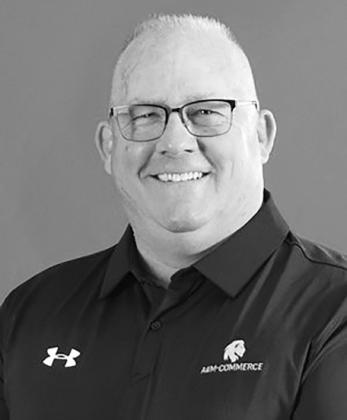What happened on the sideline in the Super Bowl between Travis Kelce and Andy Reid? It appeared Kelce was having a tantrum on the sideline and he lashed out at his head coach. How would I handle a situation like that?
Tom Brady said he could understand the situation. He said Kelce is a passionate player and he was on fire during the game. Does that give the right for him to speak and act like he did on the sideline?
Several people asked my opinion. Obviously, the actions of Kelce did not look good. Before I could make a decision on what I would do, there are several questions I need to have answered. Is this a regular occurrence? Are actions like this common practice between the coach and other players?
What appears to be disrespectful might not be at all. Kelce explained he was not mad at Reid. He said he was frustrated at the team not having success, turning the ball over, and him being on the sideline. He wanted back in the game so he could make something good happen for the team. He went on to say what he did though crossed the line.
Although I did not have specific information at the time, when I witnessed what happened, I believed Kelce acted inappropriately. Without specific details, I could not definitively say how I would have handled the situation. However, it is not uncommon for players to show a range of emotions during the heat of the moment, especially when the stakes are high.
Reid is well-known to be an experienced and respected coach. He handles situations in a calm and routine manner. How he handled himself during this altercation was consistent with his daily handling of similar situations. It is important to remember all players are different but all players should be held to a standard of conduct. When the line is crossed then actions need to take place.
I have been around coaches for a long time. How each coach handles his players tells a lot about his or her character. Players react to what each coach will allow.
Some player problems are easily correctable, while others require a deeper understanding. This is especially true of repeated problematic patterns of player decision- making that are not resolved quickly or by a coaches’ standard. Coaches should first seek to understand the situation.
Coaches having the same problems year after year with their players tell the story about what they will put up with. Some coaches are sticklers for discipline. When their player does wrong, the coach gets it handled. It may take a while, but the coach handles the situation and the player will fall in line or will eventually be removed from the team. On the other hand, regardless how stern a coach may talk and spew what penalties will be, they have the same problems time after time. I believe it is easy to see how coaches will handle problems simply by watching how their players act daily.
Thought for the week, “Discipline is the bridge between goals and accomplishments.” Jim Rohn
Dr. Jack Welch is an educator and college football coach. His doctorate is in educational administration, and he has been an educator, administrator, and football coach, mentoring young minds, for over 40 years. He is also the author of Foundations of Coaching. He can be reached at jackwelch1975@gmail.com.


